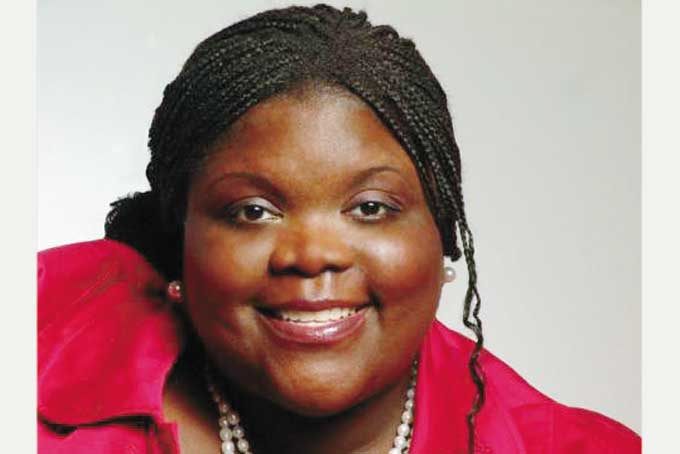
“Too big to fail.” Lately, those words refer to financial institutions in the corporate industry receiving lifelines. People are perplexed when they think about large businesses (with many resources) continuing to receive additional resources. What about Main Street?
What about the heartbeat of America, the mom and pop businesses that keep the fuel pumping in this country? Well, this way of thinking isn’t isolated to the crash of Wall Street and the corporate industry. Smaller, community-based nonprofits would venture to say, business as usual.
For smaller nonprofits without any national ties or political connections, the fight to be recognized as a valuable player is an uphill battle. Often accused of having a shaky infrastructure or lack of capacity, grass roots organizations are frequently overlooked for their unwavering dedication and skill, rather expected to do more with less. Increasingly, more with the mantra of impact and outcomes, the big guys get the bailouts while the little guys chug along. This, however, does not diminish the quality and efforts put forth.
Community-based organizations, particularly African-American organizations, fight the hard fight day-to-day to improve the conditions of local neighborhoods. Born and bred in the communities they serve, these agencies are not only the first line of defense; but familiar, comfortable faces that are sensitive to the culture of those seeking assistance. These organizations hire people from the community and create an atmosphere that is welcoming and comforting. Because they are community- based, does not mean they can’t have the capacity to provide the necessary services with the necessary supports. You would think with their expertise and ingenuity, these organizations would be at the forefront of receiving the support needed to effectively impact lives.
Like the corporate sector, big names, long histories and developed relationships (usually with people that look like each other) weigh heavily in decisions for resource allocation. This is not to take anything away from the magnificent work done by bigger agencies, they do a tremendous job. They should. Their histories date back to previous centuries. But is that any reason to dismiss the work of the smaller agencies? Is that a reason to treat the smaller agencies different? Often, the seasoned leadership has had the privilege of working years alongside the decision- makers. This notion of “previously working together” or “long-term relationships” further complicate the process because there is a direct correlation to age.
As a younger executive with fewer gray hairs, the implied references to lack of experience or credibility present itself often. Statements like, “You don’t know anything about that, it was before your time” or “You look so young” are spoken frequently. Individuals take themselves with them wherever they go and in whatever they do. So if these same seasoned people in position are making the decisions about allocation of resources, the sentiments of “You don’t know anything about that” will directly impact the verdict, thus putting the community-based organization behind the eight ball, once again. This is just one more factor out of the control of the agency needing the resources. How can small nonprofits, led by younger executives compete?
Give us (the smaller nonprofits) the resources, too! Provide the dollars that really create change. Give technical assistance that speaks to the business model of leading a nonprofit. Decision- makers, include fresh, different perspectives to generate new ideas, leading to new outcomes. Help cultivate the necessary relationships needed to move forward. Collaborations and mergers are not the only solutions. If the agency is failing, sure those are clear options. But if there are populations needing services and community-based organizations are available to provide the expertise, skills and heart to serve, encourage growth, don’t just ask for written materials that have no feelings or faces. Visit our sites. Talk to the people we serve and talk to the people who serve them. The expertise is not always connected to the BIG name. Goldman Sachs and Bernie Madoff demonstrated that.
We’ve always had to work harder, show more and do more for less. How can that continue? We have proven to be contender just by getting into the fight. Frankly, how else would the tireless, heavy work get done? What sector outside of non-profits would do the work? As the cliché goes, it’s not a handout, it’s a hand up. Don’t be swayed by the youth or ethnicity of the director, nor the size and years in existence. Make a note, when too big to fail, fails (like Wall Street) it will be the small, familiar faces that pick up the pieces. Will we get a lifeline?
(Bernadette Turner is executive director of Addison Behavioral Care, a nonprofit organization providing culturally sensitive services to families and individuals, helping them improve their quality of life, specializing in substance abuse prevention, intervention and treatment. Learn more about Addison at www.abcpgh.org.)